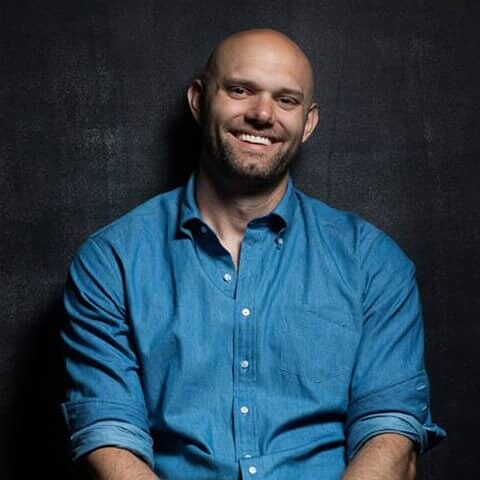 author
authorCharles Murray
Charles Alan Murray is an American political scientist. He is the W.H. Brady Scholar at the American Enterprise Institute, a conservative think tank in Washington, DC. Murray's work is highly controversial. His book Losing Ground: American Social Policy, 1950–1980 (1984) discussed the American welfare system.
He co-wrote the book The Bell Curve (1994), co-authored with Richard Herrnstein, in which the authors argue that in American society, in the course of the 20th century, intelligence became a better predictor than parental socioeconomic status or education level of many individuals outcomes, including income, job performance, pregnancy out of wedlock, and crime, and that social welfare programs and education efforts to improve social outcomes for the disadvantaged are largely counterproductive.
The Bell Curve also claimed that average intelligence quotient (IQ) differences between racial and ethnic groups are at least partly genetic in origin. This view is now considered discredited by mainstream science. Of Scotch-Irish ancestry, Murray was born on January 8, 1943, in Newton, Iowa, and raised in a Republican, "Norman Rockwell kind of family" that stressed moral responsibility.
He is the son of Frances B. (née Patrick) and Alan B. Murray, an executive for the Maytag Company. A rebellious and pranksterish sensibility marked his youth. As a teen, he played pool at a hangout for juvenile delinquents, developed debating skills, espoused labor unionism (to his parents' annoyance), and on one occasion, helped burn a cross that he and his friends had erected near a police station.
Murray credits the SAT with helping him get out of Newton and into Harvard. "Back in 1961, the test helped get me into Harvard from a small Iowa town by giving me a way to show that I could compete with applicants from Exeter and Andover," wrote Murray. "Ever since, I had seen the SAT as the friend of the little guy, just as James Bryant Conant, president of Harvard, said it would be when he urged the SAT upon the nation in the 1940s."
However, in a 2012 op-ed published in The New York Times, Murray argued in favor of removing the SAT's role in college admissions, commenting that the SAT "has become a symbol of new-upper-class privilege, as people assume (albeit wrongly) that high scores are purchased through the resources of private schools and expensive test preparation programs."
Murray earned a BA in history from Harvard in 1965 and a Ph.D. in political science from the Massachusetts Institute of Technology (MIT) in 1974. Murray left for the Peace Corps in Thailand in 1965, staying abroad for six years. At the beginning of this period, Murray kindled a romance with his Thai Buddhist language instructor (in Hawaii), Suchart Dej-Udom, the daughter of a wealthy Thai businessman, who was "born with one hand and a mind sharp enough to outscore the rest of the country on the college entrance exam."
Murray subsequently proposed by mail from Thailand, and their marriage began the following year, a move that Murray now considers a youthful rebellion. "I'm getting married to a one-handed Thai Buddhist," he said. "This was not the daughter-in-law that would have normally presented itself to an Iowa couple."
Murray credits his time in the Peace Corps in Thailand with his lifelong interest in Asia. "There are aspects of Asian culture as it is lived that I still prefer to Western culture, 30 years after I last lived in Thailand," says Murray. "Two of my children are half-Asian. Apart from those personal aspects, I have always thought that the Chinese and Japanese civilizations had elements that represented the apex of human accomplishment in certain domains."
His tenure with the Peace Corps ended in 1968. During the remainder of his time in Thailand, he worked on an American Institutes for Research (AIR) covert counter-insurgency program for the US military in cooperation with the CIA.
Recalling his time in Thailand in a 2014 episode of Conversations with Bill Kristol, Murray commented that his worldview was fundamentally shaped by his time there, "Essentially, most of what you read in my books I learned in Thai villages." He continued: "I suddenly was struck first by the enormous discrepancy between what Bangkok thought was important to the villagers and what the villagers wanted out of government.
And the second thing I got out of it was that when the government change agent showed up, the village went to hell regarding its internal governance." Murray's work in the Peace Corps and subsequent social research in Thailand for research firms associated with the US government led to the subject of his doctoral thesis in political science at MIT, in which he argued against bureaucratic intervention in the lives of Thai villagers.
Best author’s book




















